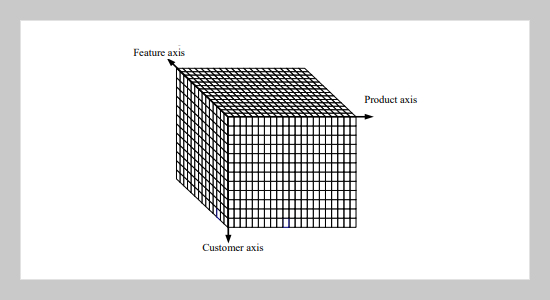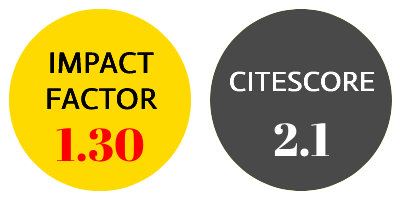Chuan-Feng Chiu This email address is being protected from spambots. You need JavaScript enabled to view it.1 , Timothy K. Shih This email address is being protected from spambots. You need JavaScript enabled to view it.1 and Ying-Hong Wang1 1Department of Computer Science and Information Engineering Tamkang University Tamsui, Taiwan 251, R.O.C.
Received:
June 22, 2001
Accepted:
August 13, 2002
Publication Date:
September 1, 2002
Download Citation:
||https://doi.org/10.6180/jase.2002.5.3.05
Internet has become a popular medium for information exchange and knowledge delivery. Many people get the useful information that they wanted from the Internet and network. Several traditional social activities have changed and evaluated to Internet, like distance learning and tele-medical system. Traditional buying and selling activities also follow the trend. Almost all things will be sold in the Internet and user will buy the product from the Internet too. However with the advent of the World Wide Web, online merchant must know what users wanted or user’s interests and let users to buy something in their site. So recommendation process became an important strategy for the merchants. In this paper we analyze users’ behavior and their interests, and then we recommend something to these users. The analysis mechanism is based on the correlations among customer, product items, and product features. In this paper we propose an algorithm to classify users into groups and recommend product items based on these classified groups. And the system will help merchants to make suitable business decision and push personal information to customers. In the other hand we also propose a generic mobile agent framework for electronic commerce applications and collaborative agent computing architecture for the recommendation system based on the framework.ABSTRACT
Keywords:
Electronic Commerce, Recommendation System, Internet, World Wide Web, Mobile Agent
REFERENCES
















